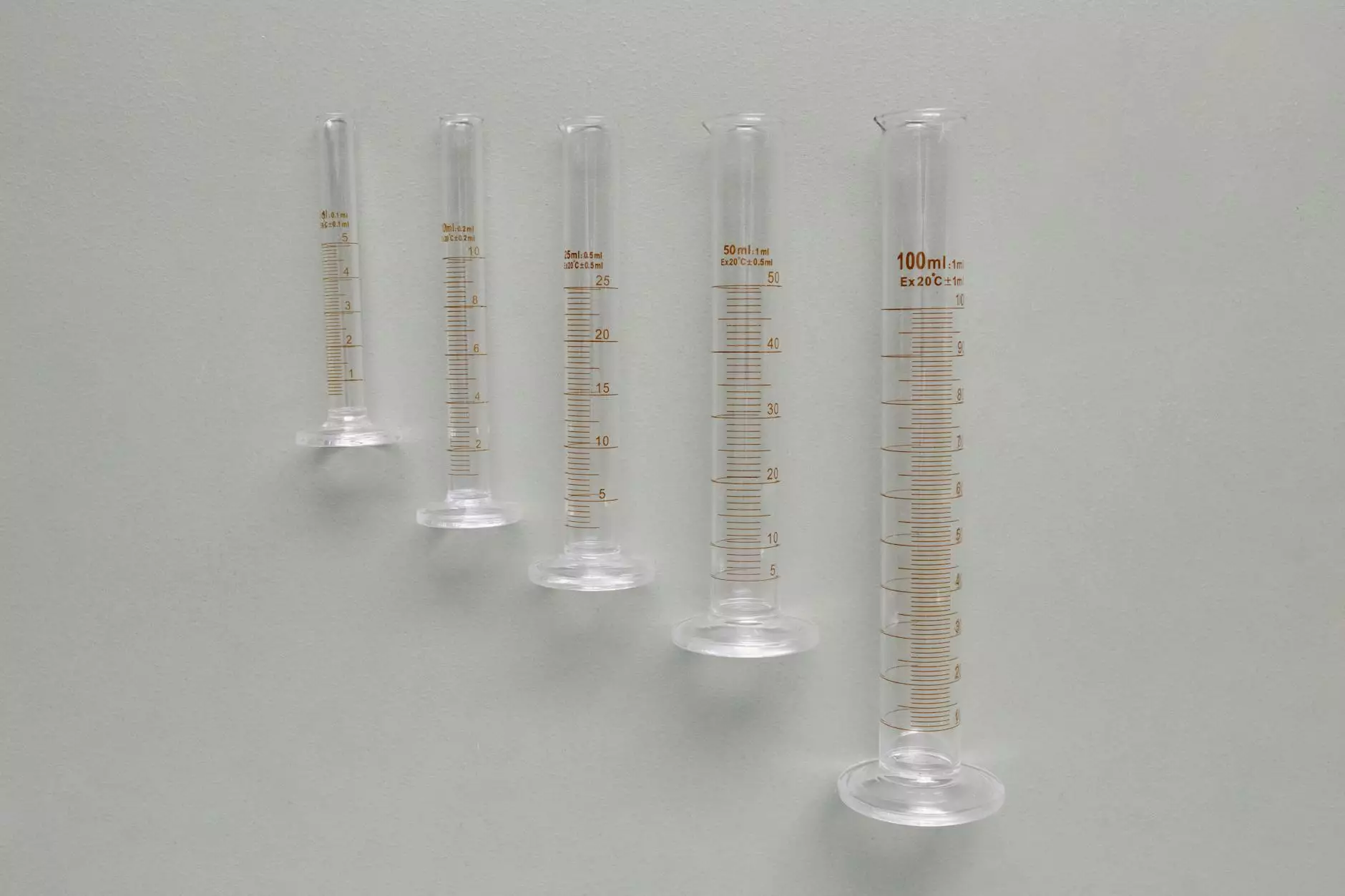Understanding the Long Term Risks of Hysterectomy

When considering a hysterectomy, a surgical procedure that involves the removal of the uterus, it's crucial to understand the potential long-term risks associated with this decision. Hysterectomies are common, particularly among women facing health challenges such as fibroids, endometriosis, or cancer. However, as is the case with any medical procedure, there are significant implications to consider beyond the immediate recovery period.
The Surgical Procedure: An Overview
A hysterectomy can be performed in various ways, including abdominal, vaginal, or laparoscopic methods. Each technique presents unique benefits and drawbacks. Understanding these can help in evaluating the overall health and future well-being following surgery.
Common Reasons for Hysterectomy
- Uterine fibroids - Noncancerous growths that can cause discomfort and bleeding.
- Endometriosis - A condition where uterine tissue grows outside of the uterus, leading to severe pain.
- Uterine prolapse - A condition where the uterus descends into the vaginal canal.
- Cancer - Endometrial, cervical, and ovarian cancers may necessitate a hysterectomy.
Immediate Risks of Hysterectomy
Before delving into long-term ramifications, it is important to note that hysterectomies also come with immediate risks such as:
- Bleeding - Excessive bleeding during or after surgery can occur.
- Infection - A common risk that can happen postoperatively.
- Injury to surrounding organs - Risks of damage to the bladder or intestines exist.
- Anesthesia complications - Reactions to anesthesia can vary based on individual health.
Long Term Risks of Hysterectomy
Understanding the long term risks of hysterectomy helps patients make informed decisions regarding their reproductive health. Here are significant concerns that may arise:
1. Hormonal Changes
Removal of the uterus may lead to significant hormonal changes, particularly if the ovaries are also removed during the procedure.
- Menopause onset - If the ovaries are removed, immediate menopause is triggered, leading to symptoms such as hot flashes and mood swings.
- Hormonal imbalance - Even if the ovaries remain, the sudden drop in progesterone and estrogen levels can cause a variety of symptoms, including fatigue and depression.
2. Emotional and Psychological Impacts
The emotional ramifications of undergoing a hysterectomy can be profound. Many women express feelings of loss related to their reproductive capabilities.
- Depression and anxiety - Post-surgical psychological reactions can range from mild depression to full-blown anxiety disorders.
- Body image issues - Changes in body function can lead to altered self-perception and self-esteem.
3. Sexual Function Changes
Post-hysterectomy sexual function can change drastically, influencing intimate relationships and personal satisfaction.
- Vaginal dryness - Hormonal changes after a hysterectomy can lead to decreased natural lubrication, impacting sexual activity.
- Changes in libido - Some women report a decrease in sexual desire after surgery, influencing relationship dynamics.
4. Long Term Health Complications
Research has indicated several possible health risks that may develop in the years following a hysterectomy:
- Cardiovascular issues - Some studies suggest a higher risk of cardiovascular disease in women who undergo hysterectomy compared to those who do not.
- Bone health - Removal of the ovaries can increase the risk of osteoporosis due to loss of estrogen, which protects bone density.
- Increased risk of urinary issues - Women may experience pelvic floor disorders, urinary incontinence, and heightened urgency.
Considerations Before Surgery
Before deciding on a hysterectomy, consider the following:
- Seek a second opinion - Engage with multiple health professionals to discuss potential alternatives to hysterectomy.
- Weigh risks versus benefits - Understand the comprehensive implications your decision may carry.
- Explore holistic treatments - Consider non-invasive treatments that might relieve symptoms without surgery.
Post-Surgery Management and Care
For those who have undergone a hysterectomy, it’s essential to prioritize your health and well-being in the recovery phase and beyond:
- Follow-up care - Regular check-ups with your healthcare provider are imperative to monitor recovery.
- Mental health support - Consider counseling or support groups to navigate emotional shifts after surgery.
- Lifestyle adjustments - Adopt a healthy diet and exercise routine to mitigate some long-term health risks.
Conclusion: Making an Informed Decision
Ultimately, a hysterectomy is a significant surgical procedure with enduring consequences. Understanding the long term risks of hysterectomy is critical for anyone considering this option. Consulting with healthcare professionals who specialize in women’s health, such as those at DrSeckin.com, can provide valuable insights and aid in devising an informed decision tailored to your health needs.
Taking control of your reproductive health is crucial. Be proactive in understanding your options and advocate for your needs—your health and well-being deserve it.









